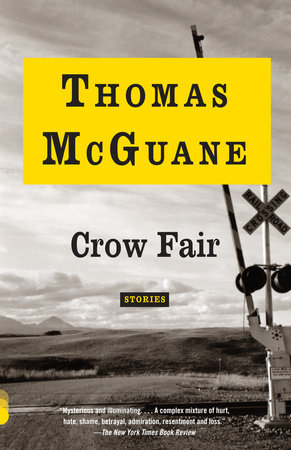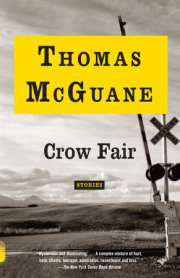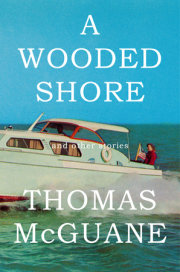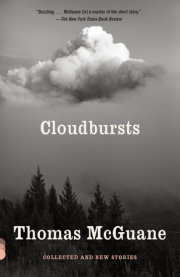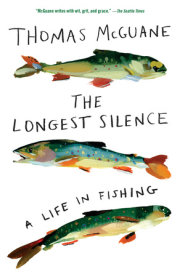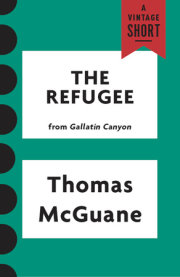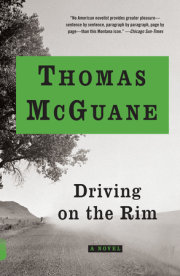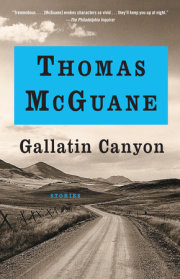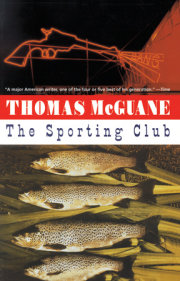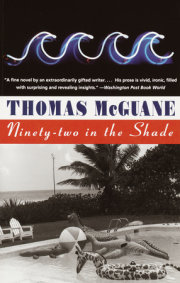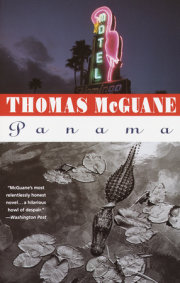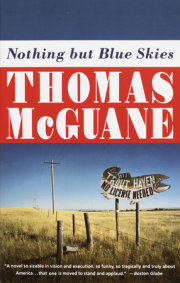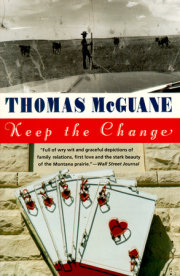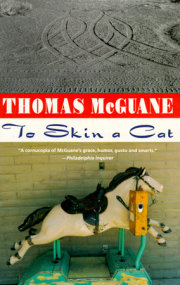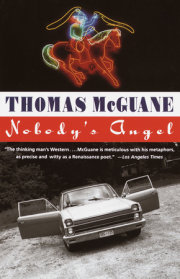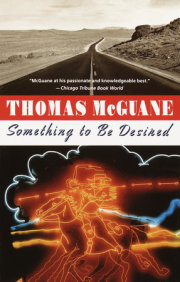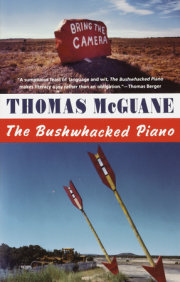Hubcaps
In the hardwood forest, a shallow swamp immersed the trunks and roots of the trees near the lake. Owen and Ben hunted turtles among the waterweeds and pale aquatic flowers. The turtles sunned themselves on low branches hanging over the water, in shafts of light spotted with dancing dragonflies. Ever alert, the creatures tumbled into the swamp at the first sound, as though wiped from the branches by an unseen hand. The wild surroundings made Ben exuberant. He bent saplings to watch them recoil or shinnied up trees, and he returned home carrying things that interested him—strands of waterweed, bleached muskrat skulls, or the jack-in-the-pulpits he brought to his mother to fend off her irritation at having to wash another load of muddy clothes. Once, Owen caught two of the less-vigilant turtles, the size of fifty-cent pieces, with poignant little feet constantly trying to get somewhere that only they knew. Owen loved their tiny perfection, the flexible undersides of their shells, the ridges down their topside that he could detect with his thumbnail. Their necks were striped yellow, and they stretched them upward in their striving. Owen made a false bottom for his lunch box with ventilation holes so that he could always have them with him, despite the rule against taking pets to school or on the school bus. He fed them flies from a bottle cap. Only Ben knew where they were.
One afternoon, Owen came back from the swamp to find the flashing beacon of the town’s fire truck illuminating the faces of curious neighbors outside his house. He ran up the short length of his driveway in time to see his mother addressing a small crowd as she stood beside two firemen in obsolete leather helmets with brass eagles fixed to their fronts. She looked slightly disheveled in a housedress and golf-club windbreaker, and she spoke in the lofty voice she used when she had been drinking, the one meant to fend off all questions: “Let he who has never had a kitchen grease fire cast the first stone!” She laughed. “Blame the television. Watching The Guiding Light. Mea culpa. A soufflé.” Owen felt the complete bafflement of the neighborhood as he listened. Then her tone flattened. “Look, the fire’s gone. Good night, one and all.”
Owen’s father’s car nosed up to the group. His father jumped out, tie loosened, radiating authority. He pushed straight through to the firefighters without glancing at his wife. “Handled?” The shorter of the two nodded quickly. His father spoke to the neighbors: “Looks like not much. I’ll get the details, I’m sure.” Most had wandered off toward their own homes by then, the Kershaws among the last to go. Owen’s father turned to his wife, who was staring listlessly at the ground, placed his broad hand on the small of her back, and moved her through the front door, which he closed behind him, leaving Owen alone in the yard.
When Owen went in, his parents were sitting at opposite sides of the kitchen table, the Free Press spread out in front of them. The brown plastic Philco murmured a Van Patrick interview with Birdie Tebbetts: it was the seventh-inning stretch in the Indians game. Owen’s father motioned to him to have a seat, which he did while trying to get the drift of the interview. His mother didn’t look up, except to access the flip lid on her silver ashtray. She held a Parliament between her thumb and middle finger, delicately tapping the ash free with her forefinger. His father flicked the ash from his Old Gold with his thumbnail at the butt of the cigarette and made no particular effort to see that it landed in the heavy glass ashtray by his wrist. Commenting on what he had just read, his father said, “Let’s blow ’em up before they blow us up!”
“Who’s this?” his mother said, but got no answer. Instead, she turned to Owen. “Your father and I are going to take a break from each other.”
“Oh, yeah?”
“We thought you’d want to know.”
“Sure.”
His father lifted his head to glance at Owen, then returned to the paper. Owen knew better than to say a single word, unless it was about the weather. He wanted his parents to be distracted, so that he could fit in more baseball and get any kind of haircut he liked, but he worried about things falling apart entirely. He was unable to picture what might lie beyond that. School, of course, out there like a black cloud.
His mother said, “Ma said she’d take me in.”
At this, his father raised his head from the paper. “For God’s sake, Alice, no one is ‘taking you in.’ You’re not homeless.”
“Why don’t you go someplace, and I’ll stay here? Maybe someone will take you in.”
“I’ll tell you why: I’ve got a business to run.” His business, which dispatched plumbers and electricians to emergencies, was called Don’t Get Mad, Get Egan and made the sort of living known as decent. With tradesmen on retainer, he worked from an office, a hole-in-the-wall above a florist’s shop. An answering service gave the impression that it was a bigger operation than it was.
“Ma will think you’ve failed.”
“Well, you tell Ma I haven’t failed.”
“No, you tell her, sport.”
“I’m not calling your mother to tell her that I haven’t failed. That doesn’t make sense. Owen, where have you been? You look like you’ve been in the swamp.”
“I’ve been in the swamp.”
“Would you like to add anything to that?”
“No.”
His mother stubbed out her cigarette and said, “I think you owe your father a more complete answer, young man.”
“It’s nothing more than a little old swamp,” Owen said. “Mind turning that up? It’s the top of the eighth.”
Nobody was going anywhere except back to the newspaper.
Excerpted from Crow Fair by Thomas McGuane. Copyright © 2015 by Thomas McGuane. Excerpted by permission of Knopf, a division of Random House LLC. All rights reserved. No part of this excerpt may be reproduced or reprinted without permission in writing from the publisher.
Copyright © 2015 by Thomas McGuane. All rights reserved. No part of this excerpt may be reproduced or reprinted without permission in writing from the publisher.

